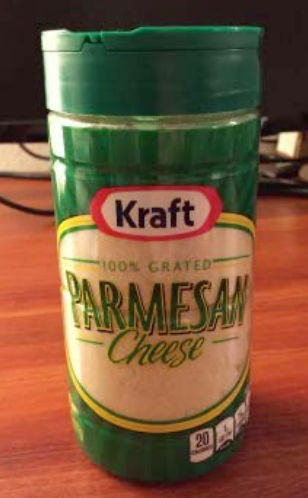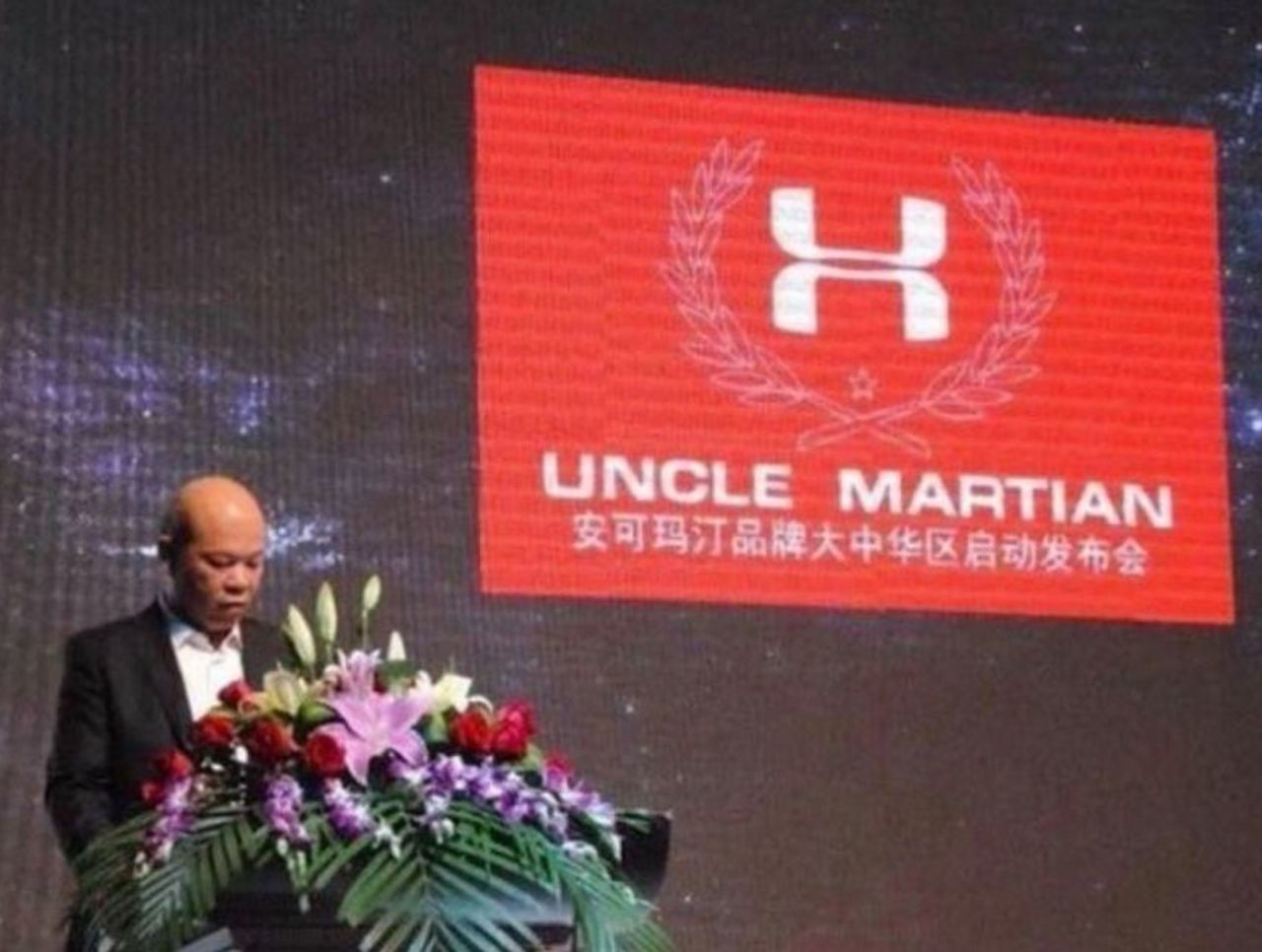Prescriptivist statutory interpretation?
The title of this post combines two topics that are popular with the Language Log audience, and that are not usually discussed together. It is also the title of a LAWnLinguistics post from 2012, shortly after the publication of Reading Law, a book about legal interpretation that was co-authored by Justice Scalia and Bryan Garner. It was one of a series of posts that I did about the book—a series of which the last installment has not yet been written.
The post was about whether prescriptivism has any role to play in statutory interpretation (no inside jokes in this title, I'm afraid), and it occurs to me that since many people here will be interested in the topic, it might be a good idea to bring the post back for a return engagement in a larger venue. And because the topic is one that I recently returned to at LAWnLing, I'm going to include the relevant part of that post as well.
Read the rest of this entry »


